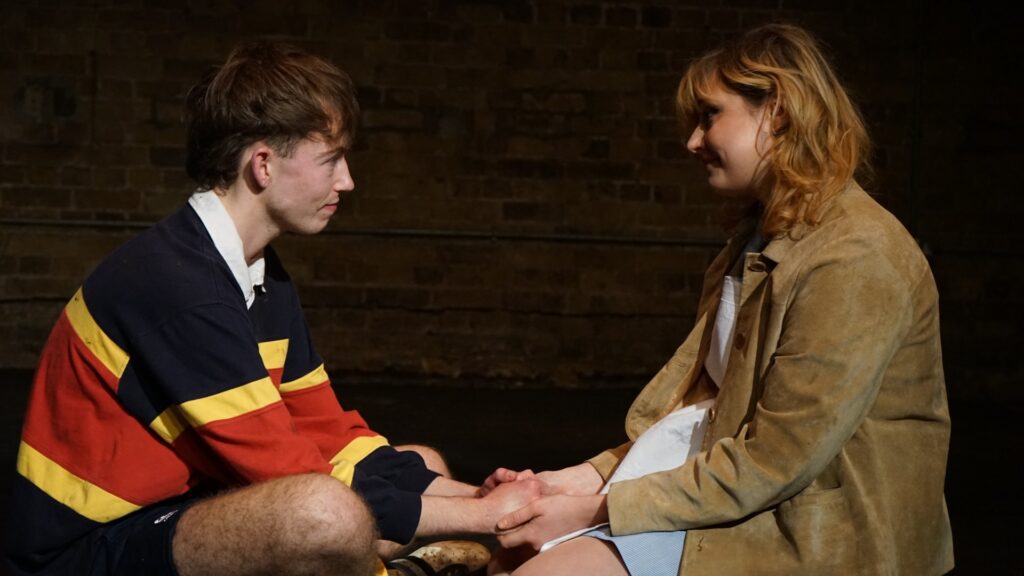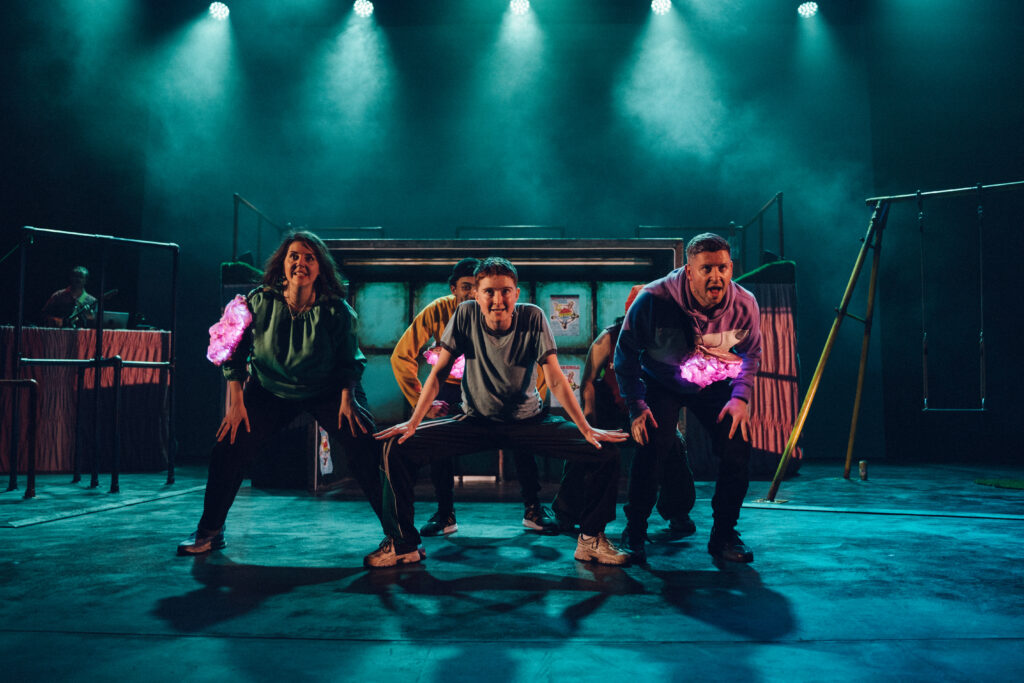Gethin Matthews argues for a refresh of remembrance commemorations in Wales
In a little over a year’s time, Wales will mark the centenary of the end of the fighting on the Western Front: the most bloody campaign in which the Welsh have ever taken part. But how will that milestone be commemorated, in particular now that the contemporary political situation is in such a state of flux and uncertainty? Should we continue with the same old ceremonies as they have been practised of late, and should we accept the narrative that has been passed down about the significance of 1914-18? Or is there an opportunity for our devolved government to use whatever elbow room it has to re-align the commemoration with the experiences of the Welsh who lived through the war?
Over the decades a number of rituals have grown up around Armistice Day, which has become the focal point of the United Kingdom’s commemoration of those who died in the World Wars of the Twentieth Century. Although the remit of the Remembrance has broadened, with the dead and injured of other wars being remembered as well as non-combatants who were caught up in the wars, the whole is framed by the losses of the First World War. For Wales and the other nations of the United Kingdom (though not, of course, for most of the nations caught up in the World Wars), it was the First Great War rather than the Second that caused the greatest number of casualties and left the deepest scars.
Thus from mid October onwards the poppy, the symbol that signifies the losses on the Western Front in that first war, becomes prominent. The whole reaches a crescendo with the services in London on Remembrance Sunday, which in 2018 will be on the actual centenary of the Armistice – 11 November. In Whitehall, one of the key seats of power of the British state, the monarch leads as the Royal Family and leading politicians pay their respects, while the military honour those who went before them.
These services are moving and emotional, although perhaps not as poignant as those at the end of the last century and the beginning of this one, which featured the soldiers of 1914-18 in their extreme old age, paying tribute to their fallen comrades.
A variety of emotions are missing from this ceremonial as it is now practised. In the very earliest incarnation of Armistice Day events – those on 11 November 1918 – the mourning was personal, of sons, brothers and husbands, in contrast to today when any individuals mourned are remote, unknown figures. Alongside the personal grief there was an enormous sense of relief, that the fighting seemed to be over. The people of 1918 also had no inhibitions about using the word ‘victory’, and there was a sense of joy and celebration that the Great War had ended with the total defeat of the evil German regime. Indeed, for several years after 1918, the eleventh of November was a day for old comrades’ reunions, which often turned into rowdy affairs. Needless to say, the benefit of hindsight means that we can see that this optimism was misplaced.
Thus we do not follow ceremonies of Remembrance that have been set in stone since 11.11.1918. The script has developed over time and derives from political decisions, yet it has grown to claim a monopoly on the way that Remembrance should be done.
I have become dissatisfied with the current practices of Remembrance for two principal reasons. First, I find that there is a fundamental aspect missing from these rituals, and that is anger at the betrayal of those who fell, and their memory. A whole range of promises were made to the soldiers of 1914-18, and too many of these were made in bad faith. As the toll mounted, there was never any intention to compensate the men for their future suffering. Even as the government was sending men to do their duty in 1917/18, accountants in Whitehall were figuring out ways to wriggle out of paying war pensions and disability allowances.
As well as all of the petty betrayals of individual soldiers in the post-war years, there were a series of government measures that sought to ensure that the pre-war status quo was restored. The coal mines were returned from central control to their previous owners, who reinstated their previous policies of squeezing the workers, with the active connivance of the state. It is no wonder that disillusionment with the war set in early in Wales, where as early as 1921 servicemen were deployed by the Government to deal with miners in an industrial dispute. However, the way that the practices of Remembrance are framed, with their focus on the sacrifice of those who fell, ignore this entire narrative of the betrayal of those who served and returned.
The second problem I have is that I do not wish to commemorate the Welshmen who died in the First World War as a list of ‘Private Thomas’-es and ‘Corporal Jones’-es. Yes, that is how they were known to the military authorities, but that is not who they were for their loved ones, and for the communities that nurtured them, shaped their identities, and then mourned their loss.
There is, of course, an argument that needs to be considered that the experiences of the Welsh in the military were not different to those of the other nations of the United Kingdom. Welsh soldiers served in the same uniforms and the same trenches as the other Tommies; Welsh sailors sailed in the same Royal Navy ships; the bullets and bombs that killed His Majesty’s servicemen did not discriminate for or against any particular nationality.
Yet as I study the men of Wales who served, and try to reconstruct their motivations, thoughts, emotions and beliefs, the evidence drives me to conclude that it is acceptable for me to mourn and commemorate them as Welshmen. To emphasise their Welshness is appropriate because that is what so many of them did at the time. Welshmen who joined specifically Welsh units because the rhetoric of politicians and preachers urged them to go to defend Welsh culture and their families back home in Wales were acting as Welsh patriots. The leading Welsh politician of the age urged his small ‘five foot five’ nation to ‘put a Welsh Army in the field’ for the first time since Owain Glyndŵr. This clarion call was heard and accepted.
One can find raw recruits, trainee soldiers and those who had experienced the Western Front who declare in their letters home that they are serving to fight for Wales. Welsh soldiers took pride in the achievements of specifically Welsh units on the battlefield: the taking of Mametz Wood in 1916 by the 38th (Welsh) Division was (literally) shouted about by some Welsh soldiers, while others wrote poetry to try to express their patriotic feelings at what they understood as a ‘Welsh’ victory. I recently came across a young man from Fforestfach named Glyndwr Andrews, who delivered a ‘stirring lecture on “Great Welshmen” to hundreds of Welsh-speaking Tommies’ on St David’s Day 1918. He was killed that August (ironically enough, in the vicinity of Mametz Wood) and the tributes to him paid in the local newspapers are deeply moving and heartfelt. Thus I would prefer to emphasise not the loss of ‘Captain Andrews’ to the British Army, but the gaping hole left in Glyndwr’s family and community by his death. Multiply that by 35,000 and more, and you get the scale of the loss to Wales.
So, with twelve months to think about it, can we in Wales come up with a form of Remembrance that is appropriate, respectful and constructive, which satisfies both those who are content with the prevailing commemorative practices and those who, like me, are dissatisfied with the current rituals? Can we write our own script about what was the meaning of the Great War and how we should cope with its legacy?
‘Legacy’ is one of the key words here. Is this centenary period going to be used to change perceptions and bring in some fresh ideas? Is it possible to bottle up a century of betrayal and disillusionment, and create something positive to help us move on? Can we in Wales come up with our own script to encapsulate the events of 1914-18 and to understand, perhaps to heal, the scars that were left on our communities?
All articles published on Click on Wales are subject to IWA’s disclaimer.






Comments are closed.